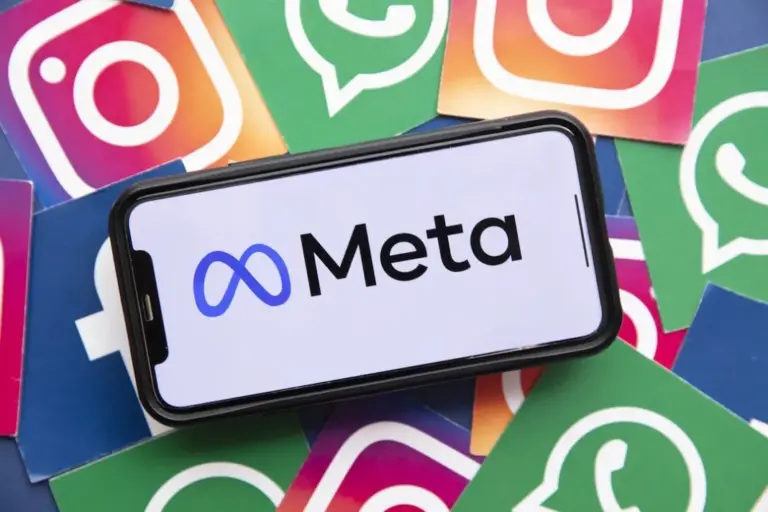The possibility of Meta Platforms discontinuing Facebook and Instagram services in Nigeria has sparked grave concern among technology experts and entrepreneurs, who warn that the move could severely disrupt the operations of over 20 million micro, small, and medium enterprises (MSMEs) across the country.
With a long history of clashes with regulators worldwide, Meta’s latest dispute stems from a $290 million fine levied by three Nigerian agencies. After failing to overturn the penalties in court, the tech giant is now reportedly considering pulling its platforms out of the Nigerian market—a decision that could devastate the nation’s digital ecosystem and tax revenue base.
Massive Fallout for Businesses and the Digital Economy
Meta’s platforms, particularly Facebook and Instagram, are pivotal tools for Nigerian MSMEs, serving as primary avenues for marketing, customer engagement, and online sales. According to the GSMA (Global System for Mobile Communications Association), a vast number of small businesses in Nigeria depend almost entirely on these platforms to stay afloat.
“If Meta shuts down services here, many businesses will collapse overnight,” warned Olayinka Shobola, a digital marketing expert at EssenceMediacom. “Alternatives like TikTok or X might offer temporary relief, but building new channels or standalone digital infrastructure takes time and money. Jobs will vanish—marketers, content creators, and agencies will all feel the heat.”
In Nigeria, MSMEs represent over 96% of all registered businesses and contribute nearly half of the country’s GDP, highlighting the magnitude of disruption a Meta withdrawal could cause. This impact extends far beyond sales and advertising—entire industries that rely on digital services, including logistics, branding, and influencer marketing, could be destabilized.
The Financial Stakes
Meta’s departure would come at a cost not just to users, but also to Nigeria’s federal income. Data from The PUNCH reveals that foreign digital platforms, including Meta, paid a combined ₦3.85 trillion in taxes (CIT and VAT) during the first nine months of 2024. While Meta’s specific contribution wasn’t itemized, it’s regarded as one of the more tax-compliant digital companies operating in the country.
The social media advertising market in Nigeria is expected to hit $148.2 million by 2025, with Facebook alone projected to generate $120 million, driven by its 38 million users eligible for ad targeting, according to data from Statista.
Regulatory Clash Escalates
In recent years, Meta has come under fire from global regulators. It was fined €1.2 billion in 2023 by the European Union for breaching GDPR rules on data transfers, and again in 2025, fined €200 million under the Digital Markets Act for its controversial “consent or pay” user model.
Locally, Nigeria’s Federal Competition and Consumer Protection Commission (FCCPC) has labeled Meta’s threat to exit the market a “pressure tactic,” noting that the company has paid even larger fines in regions like the U.S. and EU without withdrawing operations. “Meta must comply,” the FCCPC stated, reinforcing that the firm is not exempt from the country’s legal system.
Mixed Reactions from the Tech Community
While some sympathize with Meta’s position, others in Nigeria’s tech space argue that the company’s response is excessive. Abiola Jimoh, Co-Founder of XchangeBox, criticized Meta’s threat, saying, “Exiting over fines is not the answer. It shows a disregard for the very ecosystem that made Meta relevant in Nigeria. A fine should be an opportunity for reform, not abandonment.”
Temitope Ogundipe, Executive Director of Techsocietal, expressed concern about the broader implications, stating that such a move would also affect activists, youth-led movements, and underserved communities that rely on the platforms for visibility and support.
On the Brink of a Digital Breakdown
With over 164 million internet subscriptions and a highly active youth population, Nigeria offers vast opportunities for digital platforms. Meta’s possible exit not only jeopardizes the livelihoods of millions but also risks halting momentum in one of Africa’s most promising digital economies.
“I sell cakes on Instagram. Without it, I have no business,” said Fatima Tunde, a Lagos-based entrepreneur. “It’s more than just social media—it’s my shop, my customers, and my income.”

